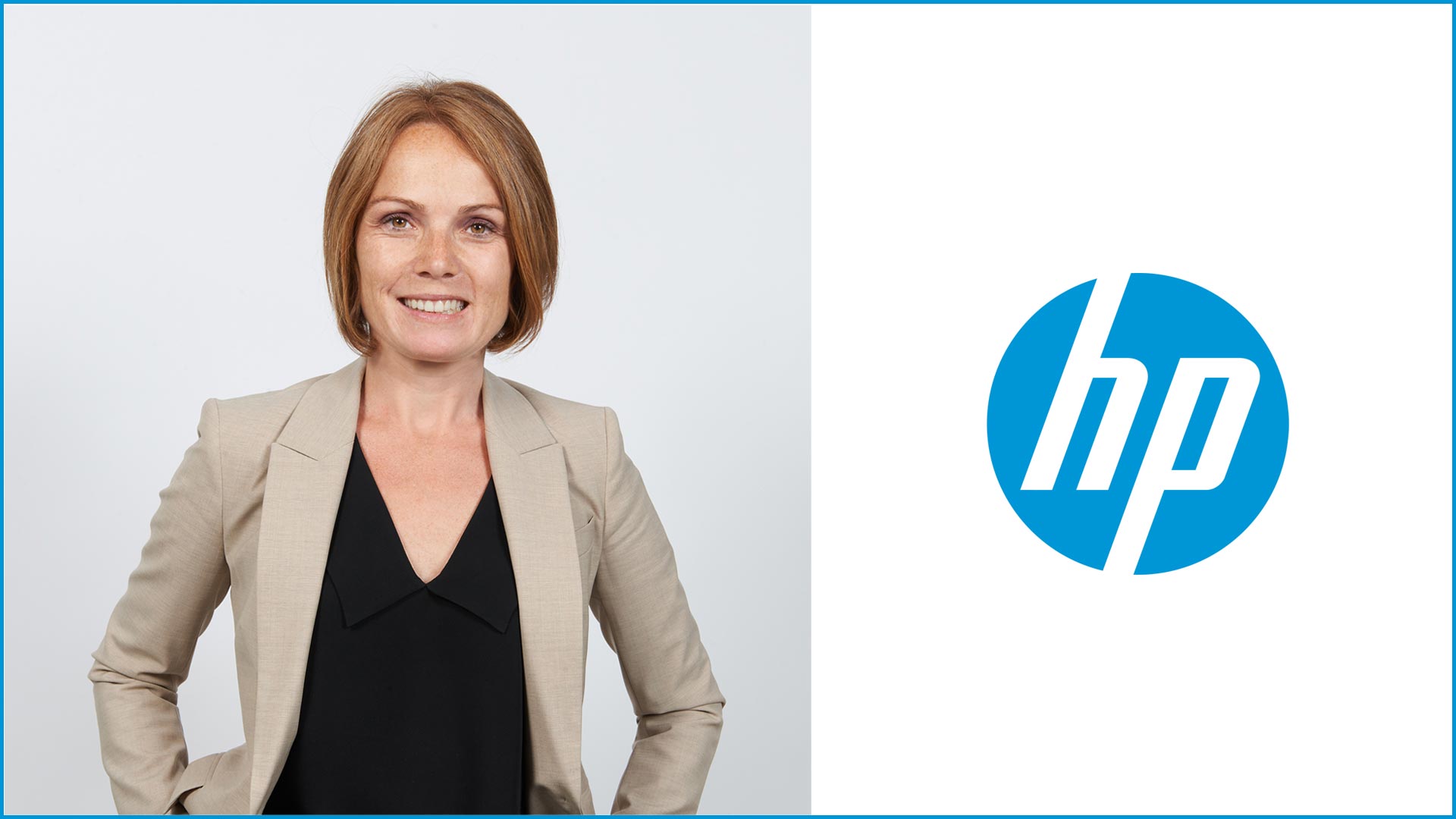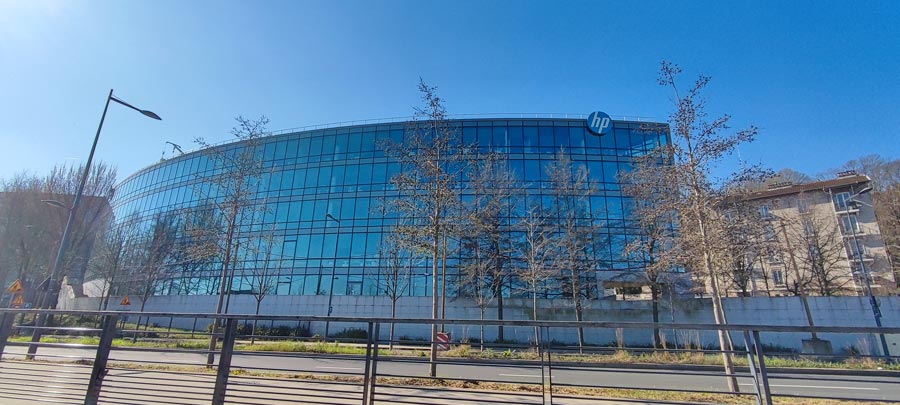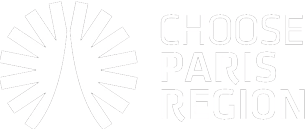
With hybrid work up by 38% since 2021, companies have come to realize that optimizing the digital experience of their employees is critical in many ways: it helps retain top talent, optimize productivity, and allow for an inclusive workplace. Hewlett Packard (HP) has long invested in leveraging the many assets of technology to advance the way people live and work.
HP France was founded in 1964 and now welcomes nearly 1000 employees on its two main premises in Meudon sur Seine and in Grenoble. Building on the Region’s thriving business community, diverse talent pool, and its dedication to promoting social and environmental responsibility, HP France has made sustainable impact a key component of its agenda.
In this interview, we sat down with Aurélie Guillemette, Deputy Director at HP France, to ask her about HP’s expertise in hybrid work solutions, sustainability practices, and social impact initiatives such as promoting digital equity, circular economy practices, and in building a more resilient economy.
Tell us about HP France and its market expertise in "hybrid work"?
HP has been created for 84 years and over that time has developed a wealth of expertise and innovation in IT equipment and digital transformation. We are uniquely positioned to provide consumers and businesses with the full range of hybrid work solutions, from personal systems to printers, supplies, peripherals (especially since our acquisition of Poly), and all associated services, including end-point security.
How does Paris Region compare to other European regions in terms of working remotely?
All HP employees worldwide benefit from this hybrid work expertise, and working remotely, alternating between home and office, has been part of the company's culture for years. Since the health crisis, we have integrated these new working methods into our contracts. Employees work 2 to 3 days a week remotely. This is the case throughout Europe with what is commonly known as the flex-office. Office spaces have evolved to leave more room for meetings and exchanges, whether with employees, our partners, or our customers.
What are the different actions taken by HP France to have a positive social impact?
Since its creation, HP has developed a certain culture of openness, inclusiveness, and diversity. The founders, Bill Hewlett and Dave Packard believed that innovation only made sense if it improved people's lives and benefited as many people as possible. Today, HP is still driven by the "no one left behind" principle that guides our social actions and the commitment of our employees. We are particularly committed to equal access to digital technology through our actions with Nos Quartiers ont du Talent (NQT), Hour of Code, Les Déterminés, Les Astroliens, Meudon Numérique, and the Réseau Entreprendre.
Beyond our national actions, it is also very important to be anchored in the local ecosystem, we support the development of the Apprentis d'Auteuil association or the implementation of the new Campus Numérique in Meudon in our fight against the “digital divide”.
Does HP France take part in circular economy practices?
A concrete example: our ink and toner cartridge recycling program, HP Planet Partners, created in 1992, which enables us to manufacture new cartridges from old ones. This year we also launched the Encroyable Collecte in schools and colleges in partnership with Ateliers du Bocage, a social and solidarity-based cooperative. Finally, we are currently developing a program to offer second-hand PCs (HP Revitalize). The circular economy is an integral part of the design of our products since PCs and printers are designed from the outset to be dismantled and recycled at over 90%.
How would you rate Paris Region's actions in building a more resilient and sustainable economy?
The Region's new economic strategy, Impact 2028, launched at the end of 2022, shows the commitment of all stakeholders (local authorities, schools, companies, associations…) to a common ambition: to work on the issues and challenges of the future on a regional scale. The dynamism of the ecosystem and its capacity to innovate is one of the main assets of Paris Region to achieve the objectives set for the ecological transition.
What services provided by Choose Paris Region were most useful to your company?
Knowledge of this ecosystem is key. Sustainable and successful companies will be those anchored in their territory, with a strong local, social and environmental footprint. Therefore, the priority, in my opinion, is to connect with the actors of the social and solidarity economy. Among other things, we are keen to involve them in our circular economy approach and more particularly in our reconditioning processes.


